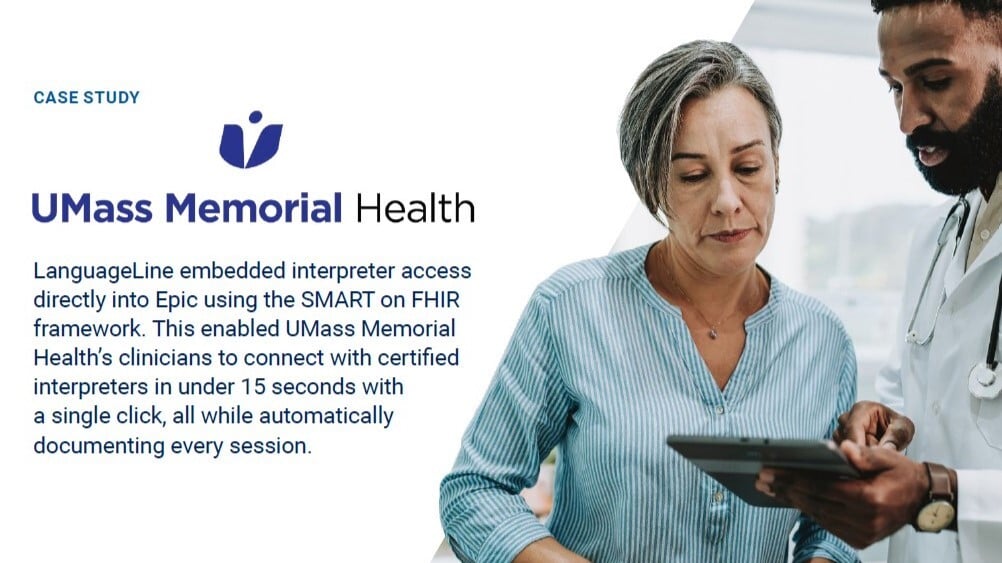
The medical field is like no other thanks to its sensitive combination of high stakes, unpredictability, emotional situations, cultural concerns, legal liability, and the need to provide an exceptional experience.
Healthcare providers have a lot to balance when communicating with and treating patients.
Hiring an interpreter is a good start when working with patients who have limited English proficiency. But qualified medical interpreters familiar with complex medical terminology are in an even better position to provide the best possible service to healthcare professionals and their patients.
Here Are Just a Few Ways Qualified Medical Interpreters Add Value
A Greater Understanding of Medical Terminology
Even in one’s native tongue, medical language is often difficult to understand. As is the case with doctors and nurses, medical interpreters have put in time to become familiar with medical terminology related to conditions, symptoms, complications, and medications.
Familiarity With Medical Procedures
An interpreter with a general knowledge of medical procedures can not only explain them thoroughly to patients but can also help healthcare staff in ways as simple as knowing where to stand so they won’t interfere.
Interpreting Skills and Protocols
Professional interpreters are in high demand and often work in a variety of settings, such as court rooms, social-services offices, or business conference rooms. Medical interpretation has its own standards and code of ethics that differ from the way things are done in other settings.
Culture-Specific Medical Practices
A patient’s culture impacts the expectations for care and readiness to follow instructions. It also influences interactions with doctors, decision-making among family members, and more.
An interpreter who understands these cultural dynamics in addition to the language can help healthcare professionals bridge the divide. For instance, patients in some cultures may be unaccustomed to standard procedures, such as having blood drawn or receiving an X-ray.
Greater Confidence in Their Abilities
An interpreter who has taken the time to receive additional training and testing in medical terminology will likely have greater confidence in their abilities and will be more at ease, which will in turn put patients at ease. This can make the interpreter more efficient and contribute to a better experience.
What Does Medical Interpreter Training Involve?
Utilizing a qualified medical interpreter reduces the risk of misunderstanding and misdiagnosis, ensures regulatory compliance, and improves the patient experience.
If you want to ensure you’re utilizing a qualified interpreter, look specifically for someone who has taken the extra step to receive training in medical terminology.
Learn more about how LanguageLine®’s interpreter training and testing programs can help your organization avoid costly mistakes.
About LanguageLine
LanguageLine has been the world leader in innovative language-access solutions since 1982. The company sets the global standard for phone, video, and onsite interpreting, as well as translation of the written word. LanguageLine is trusted by more than 30,000 clients to enable communication with the limited English proficient, Deaf, and Hard of Hearing communities. LanguageLine provides the industry’s fastest and most dependable access to more than 35,000 professional linguists in 290-plus languages — 24 hours a day, seven days a week, 365 days a year. Please do not hesitate to contact us.





